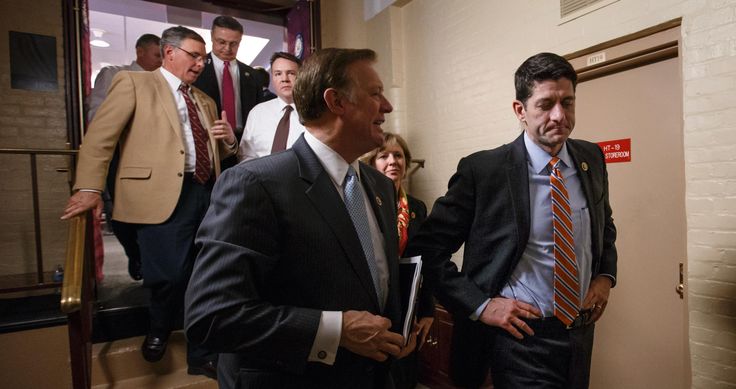In recent years, a seismic shift has been underway in the political landscape of democracies worldwide. Once relegated to the fringes, far-right and populist parties have become significant, and in some cases, dominant political forces. This global far-right rise is not a series of isolated events but a connected phenomenon, driven by a complex mix of economic anxieties, cultural grievances, and a widespread distrust of mainstream political institutions. The consequences are far-reaching, from the radical reshaping of immigration policy to the erosion of long-standing international alliances. This new political reality demands a closer look at its causes, its key players, and its profound impact on both national and international affairs.
The momentum of these movements can be traced to several key factors. Economic discontent is a major driver, with many voters feeling left behind by globalization and technological change. The economic crises of the past two decades, exacerbated by inflation and stagnant wages, have created a fertile ground for parties that promise to champion economic nationalism and protect domestic industries. Coupled with this is a growing sentiment of anti-establishmentarianism, where traditional center-left and center-right parties are seen as out of touch and unresponsive to the concerns of ordinary citizens. The result is a fracturing of the political mainstream and a search for bold, often polarizing, alternatives.
The Rise of Right-Wing Populism in Key Nations
The global far-right rise is most visible in Europe, where a number of parties have moved from the periphery to the very heart of power. In Germany, the Alternative for Germany (AfD) party has seen its support surge, propelled by voter dissatisfaction with the current government and a focus on issues like immigration and welfare chauvinism. The party’s increasingly mainstream popularity, despite its controversial past and extremist rhetoric, signals a significant re-alignment in German politics. Similarly, in France, a new generation of far-right leaders has captured the public imagination, challenging traditional political norms and forcing mainstream parties to adopt more hardline stances on migration and national identity.
The trend is not confined to Europe. In North America, the influence of right-wing populism remains potent, with a focus on border security and a nationalist approach to foreign policy. In Japan, a country long considered resistant to populism, a far-right party recently saw a significant increase in its electoral representation, signaling that the factors driving this movement—including economic anxiety and anti-immigration sentiment—are not unique to the West. This broad geographic spread illustrates that the causes of the global far-right rise are deeply rooted in a worldwide feeling of insecurity and a desire for national self-determination.
Policy and Political Impact on the Domestic Front
When far-right parties gain influence, they immediately begin to shift the political discourse. Their most profound impact is on immigration policy. These parties consistently push for stricter border controls, reductions in legal immigration, and in some cases, the “remigration” or repatriation of foreign-born residents. This pressure has led mainstream parties to adopt more stringent immigration policies in an effort to appeal to voters who might otherwise defect. This “mainstreaming” of far-right ideas means that even when they are not in power, their agenda can still dominate the legislative and public debate.
The global far-right rise also threatens established democratic norms. These parties often employ anti-elite rhetoric and use social media to bypass traditional news outlets, which they frequently label as “fake news.” This tactic allows them to communicate directly with their base, polarize public opinion, and erode trust in democratic institutions. Studies show a direct correlation between rising wealth inequality and increased support for right-wing populist ideologies, as feelings of isolation and disenfranchisement push voters toward more extremist factions. This shift is also evidenced by a documented increase in politically motivated crimes and a more hostile environment for journalists and minority groups.

Reshaping International Relations
The influence of the far-right extends beyond domestic policy to the international stage. These parties are typically skeptical of, or outright hostile to, international organizations and multilateral cooperation. They prioritize national sovereignty over global governance, which has a direct impact on issues like climate change, trade agreements, and foreign aid. Many far-right leaders have questioned their countries’ commitments to international environmental agreements and have advocated for a more isolationist approach to foreign policy.
Furthermore, the global far-right rise is challenging traditional alliances. Leaders who share a populist, nationalist platform are forging their own bonds, often outside of traditional diplomatic channels. This creates a more unpredictable and fragmented international order, where long-standing diplomatic norms are being dismantled in favor of transactional relationships. The erosion of trust in multilateral institutions, from the United Nations to the World Health Organization, makes it harder to address global challenges that require cooperation, such as climate crises, pandemics, and economic instability.
In conclusion, the global far-right rise is more than a passing political trend; it is a fundamental reordering of power and ideology. It is driven by a potent mix of economic anxiety and cultural nationalism, and it is reshaping everything from immigration policy to international diplomacy. As these parties continue to gain influence, their impact on democratic institutions, social cohesion, and the future of global cooperation will be one of the most significant stories of the decade. The shift from a politics of compromise to one of confrontation is the new normal, and understanding its root causes and consequences is essential for anyone trying to make sense of the modern world.
Sources:
- Human Rights Watch: World Report 2025
- Chatham House
- Taylor & Francis Online
- The Guardian
- The Times of India



